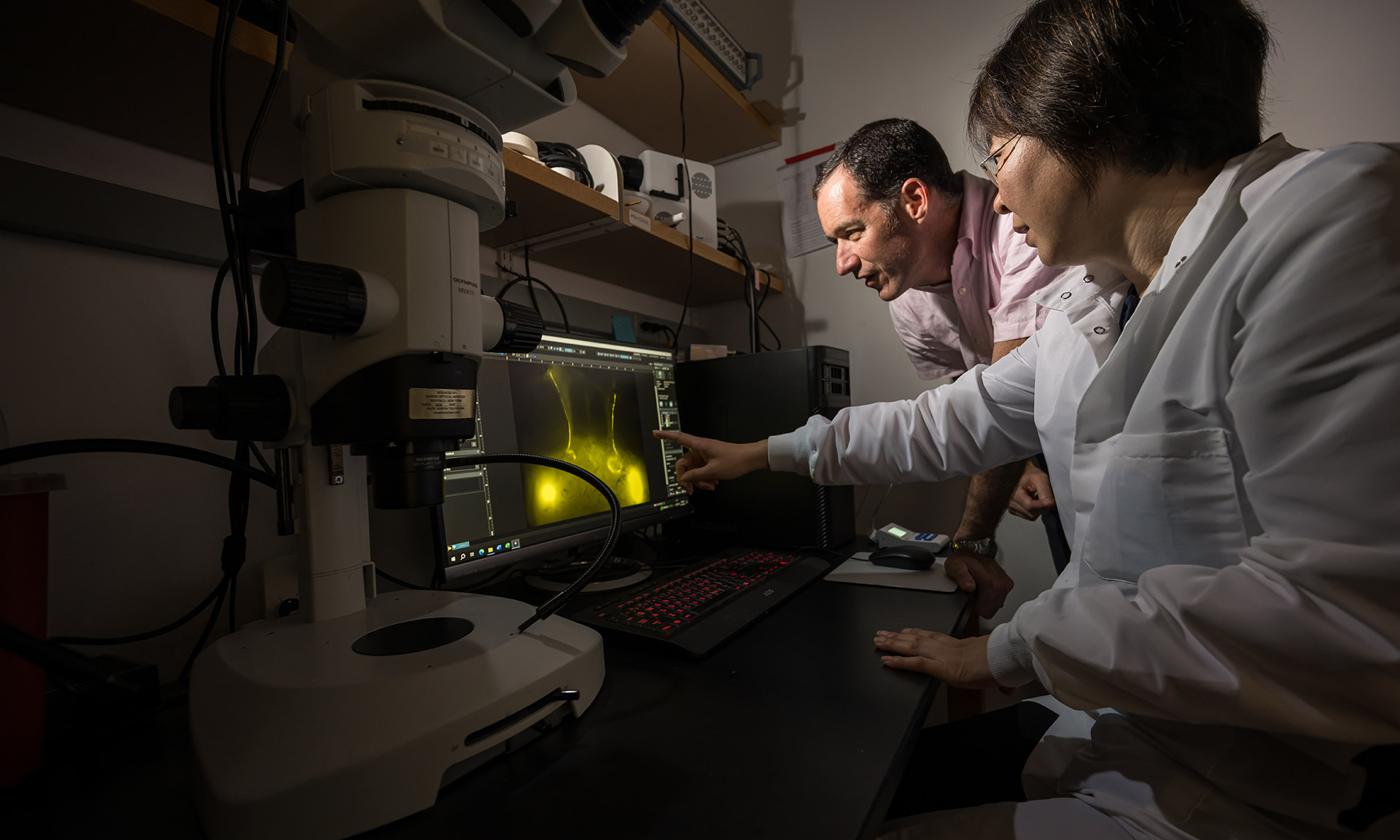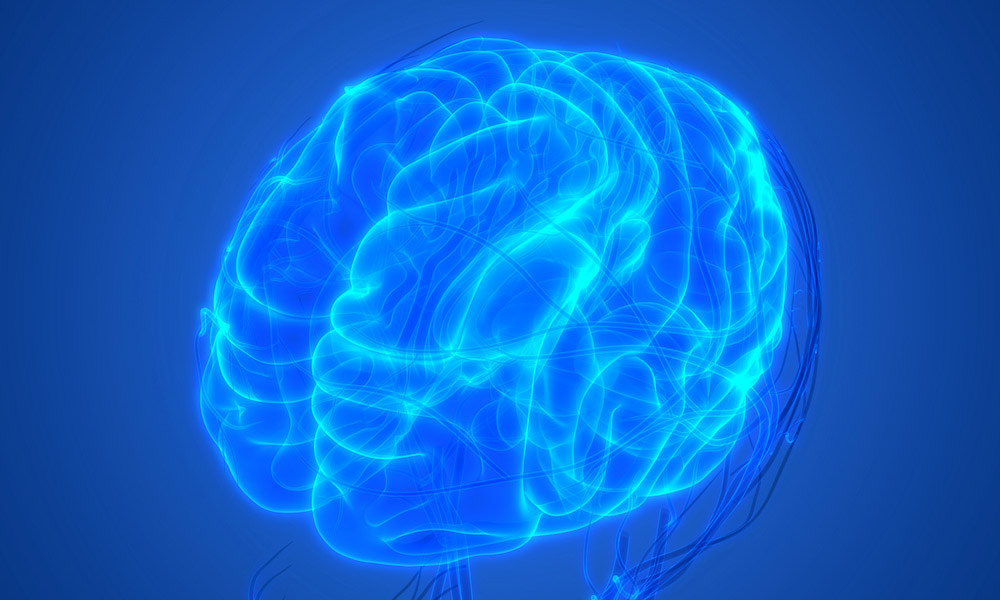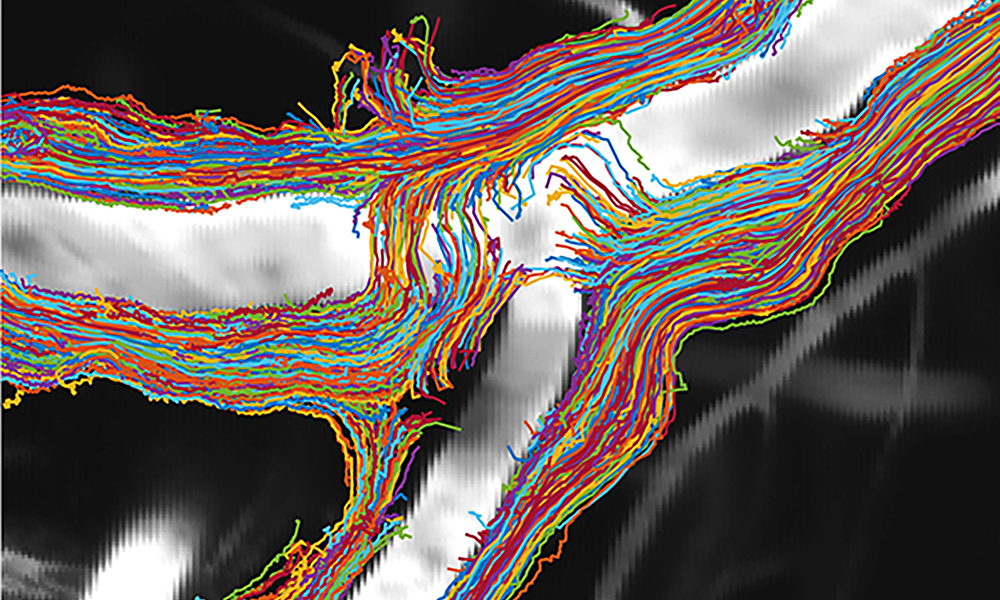
Science & Technology
Cleaning up the aging brain
Rochester scientists are restoring the brain’s trash disposal system with a drug currently used to induce labor.

Science & Technology
AI helps show how the brain’s fluids flow
A new, AI-based technique for measuring fluid flow in the brain could lead to treatments for diseases such as Alzheimer’s.

Science & Technology
Can the laws of physics untangle traffic jams, stock markets, and other complex systems?
Gourab Ghoshal is using the fundamental laws of physics to untangle the complex systems behind human behavior, urban planning, and social networks.

Science & Technology
Study suggests how high blood pressure might contribute to Alzheimer’s
New Rochester research may help explain the connection between high blood pressure and Alzheimer’s disease, and it’s all to do with how the brain pumps away waste.
